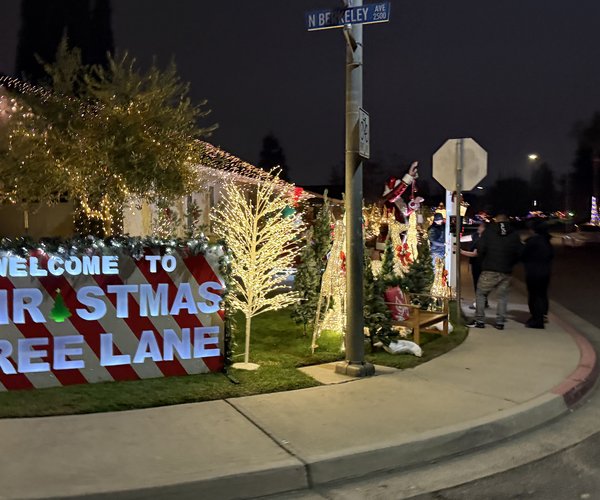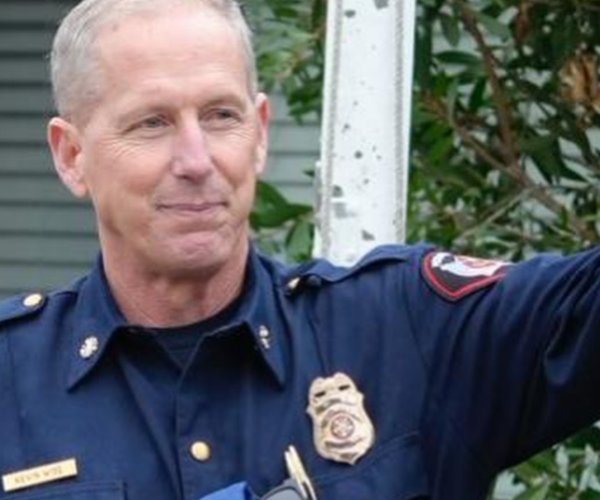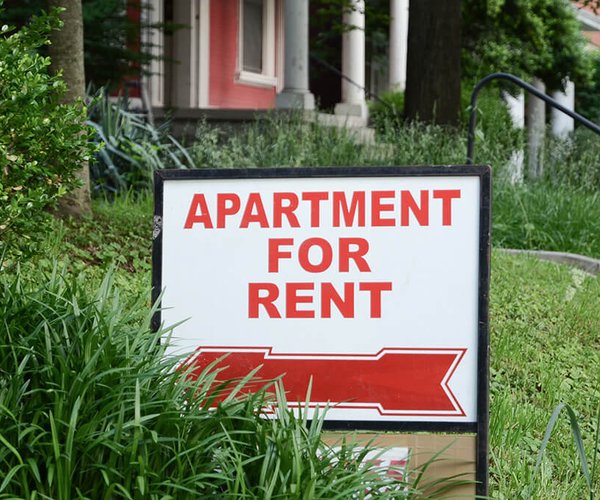Sherman Kishi remembers May 13, 1942 like it was yesterday — not because it was his 17th birthday, but because it marked the day he and his family had to report to a relocation camp at the Merced Assembly Center. Kishi, a Japanese-American from Livingston, was one of more than 100,000 Japanese-Americans evacuated into “War Relocation Camps” across the country following the attack on Pearl Harbor. “Right after Pearl Harbor happened, there was a tremendous amount of publicity that went on…many organizations became anti-Japanese and considered us not to be their friend,” said Kishi.
From internment camp to boot camp
Local Japanese-American veteran recalls WWII experiences





